What is PTSD?
Post-traumatic stress disorder (PTSD) is a disorder that affects certain people after they have been through a traumatic, frightening, or hazardous incident.
It’s normal to be scared during and after a terrible event. Fear causes plenty of split-second changes in the body to assist defend against or avoid harm. This “fight-or-flight” response is commonly designed to keep a person safe. After a traumatic event, nearly everyone will have a variety of reactions, but most people will heal spontaneously from the initial symptoms. Those who continue to have problems may be diagnosed with post-traumatic stress disorder (PTSD). Even when they are not in danger, people with PTSD may feel tense or afraid.
What Causes PTSD?
Bombings, torture, the death or disappearance of family members or friends, being forced to leave your home, or witnessing another person being harmed or killed are all examples of traumatic experiences. Hurricanes, floods, and earthquakes are examples of traumatic experiences. Some persons – particularly those who have arrived to Canada as refugees – may have experienced similar events before coming to Canada.
Long after any genuine threat has passed, for some people, the ideas or recollections of these terrible occurrences have a profound impact on their life.
Who Does PTSD Affect?
PTSD may strike anyone at any age. This includes war veterans as well as survivors of physical and sexual assault, abuse, accidents, natural disasters, and a variety of other traumatic occurrences.
Not everyone who has PTSD has experienced a traumatic event. When a friend or family member is in danger or is harmed, some people get PTSD. The untimely death of a loved one can also trigger PTSD.
PTSD symptoms are universal across civilizations. However, the way these symptoms are described and exhibited varies by culture.
Adults and children may not exhibit the same symptoms of PTSD. Depending on their understanding and age, children react to stressful events in different ways.
What are the Symptoms of PTSD?
PTSD can manifest itself in a variety of ways. These symptoms can be classified into three groups:
- Re-experiencing symptoms:
- Flashbacks – experiencing the trauma over and over, with bodily symptoms such as pounding heart and sweating
- Unfavourable dreams
- Suspicious thoughts
- Hyperarousal symptoms:
- The ability to be quickly surprised
- Having a tense or “on edge” feeling
- Sleeping problems and/or angry outbursts are common.
- Avoidance symptoms:
- avoiding places, activities, or objects that serve as reminders of the event
- Feeling emotional numbness
- Feelings of deep guilt, despair, or anxiety
- Losing interest in previously pleasurable activities
Many folks become depressed as well. Some people may have dizziness, chest aches, stomach issues, or frequent sickness. Other People living with PTSD use alcohol or other substances to cope with their symptoms. This has the potential to become a significant issue.
For someone who has been through a traumatic event, coping with the difficulties of settlement may be more difficult. Flashbacks, memories, and sentiments can all be triggered by certain conditions. For someone who has experienced power blackouts during wartime, a brief power outage may evoke awful memories and sentiments.
Torture is one type of a traumatic incident that can cause PTSD. A survivor’s sense of control over his or her own life is crucial. As a result, any form of help should never take over the newcomer’s life; instead, it should always result in empowerment.
While all people living with PTSD may experience the above symptoms, torture victims face additional consequences. They may be hesitant to provide details about their experiences, and they may be distrustful, afraid, or eager to forget what happened. These emotions may make individuals hesitant to get the help they require. Officials in uniform, signing paperwork, visiting physicians’ offices, being admitted to hospitals, or even encountering workers from government agencies may have a negative impact on newcomers.
How is PTSD Treated?
Psychotherapy (“talk”) therapy, medicines, or a mix of the two are the most common treatments for PTSD. Because each person is unique, a treatment that works for one person might not work for another. Anyone suffering from PTSD should get treatment from a PTSD-experienced mental health professional. Some persons with PTSD need to try a variety of treatments to see which one works best for them.
Trauma counselling or therapy, whether done one-on-one or in a group environment, can be extremely beneficial to persons suffering from PTSD. Relationship problems can be helped through family counselling and individual treatment.
Depression, anxiety, and sleep disorders can all be treated with medication prescribed by psychiatrists and family doctors (common in people with PTSD). Medication is most effective when combined with counselling.
If a person with PTSD is dealing with a long-term trauma, such as being in an abusive relationship, both issues must be addressed. Panic disorder, despair, substance misuse, and suicidal behavior are examples of ongoing issues.
Please contact Simpy Align Rehab Physio in Scarborough/Toronto at simplyalignrehab.com for further guidance on Counselling and Support for PTSD, or call or text us at (416) 628-8554 for your Physiotherapy or Chiropractor requirements in Toronto.
